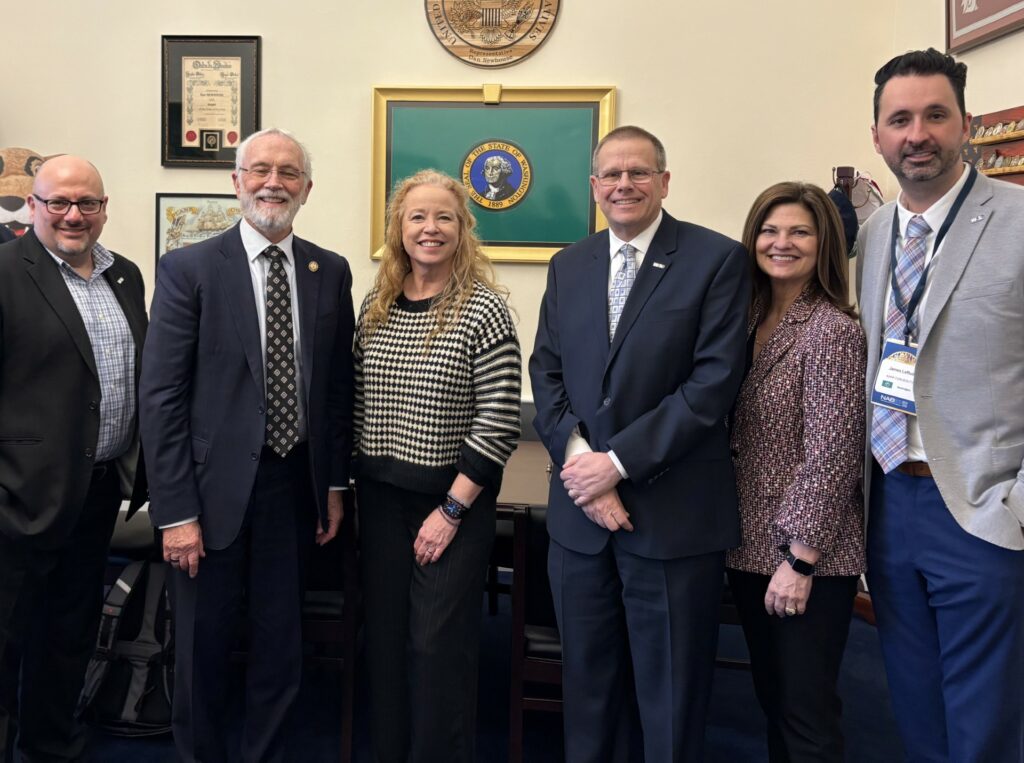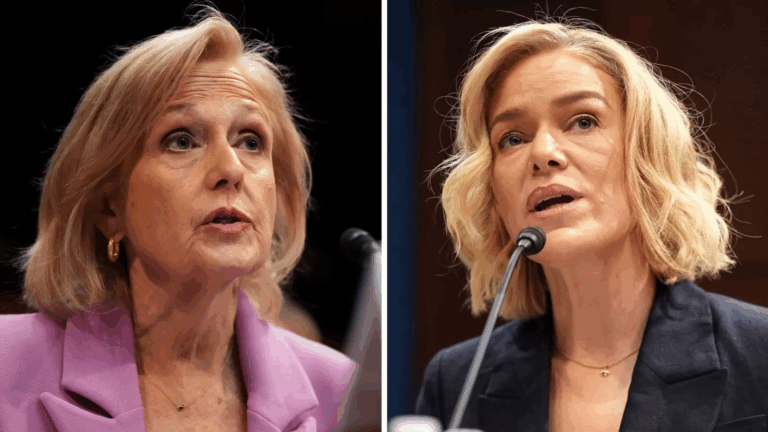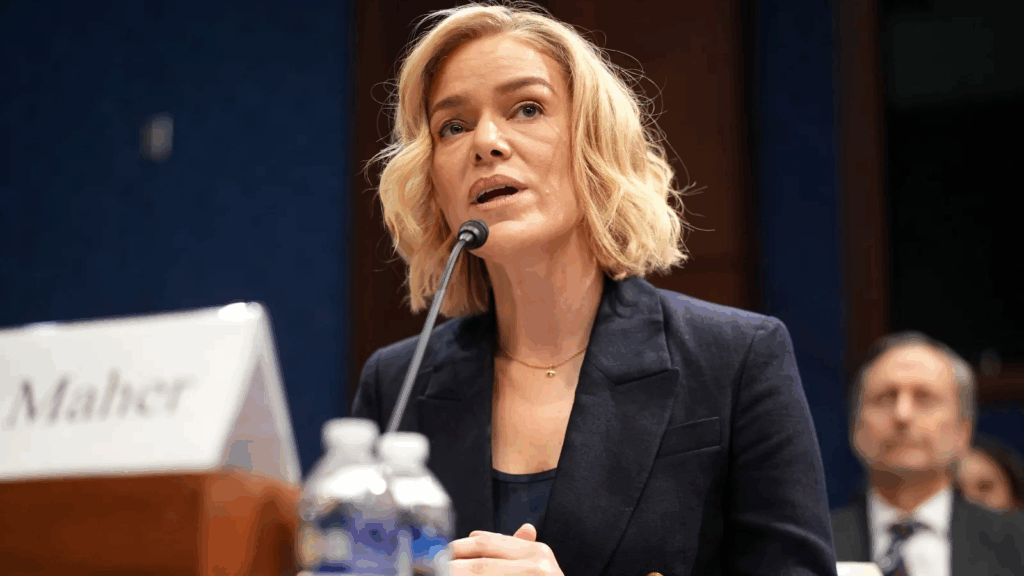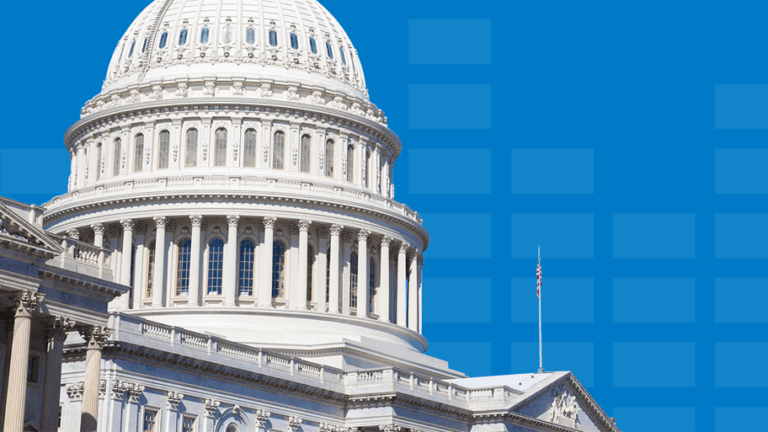NWPB & Federal Funding II

Federal Funding for Public Media
NWPB has taken numerous calls and emails from audience members about potential cuts to federal funding for public media and what that could mean for NWPB. Below, we provide clarity on how federal funding supports the station and the current discussions surrounding it.
Why Does Federal Funding Matter?
Public media infrastructure relies on federal funding to:
- Support local journalism and educational programming
- Maintain services in rural communities
- Ensure stations like NWPB can remain free and accessible to all
- Provide emergency alert services
This funding is particularly vital for smaller stations and plays a foundational role in the strength and reach of the entire public media system.
The Public Broadcasting Act of 1967 established federal funding for public radio and television to support educational, cultural and informational programming. Today, public media—including NPR and PBS stations—reaches 99% of Americans, with the cost per person averaging $1.60 annually.
What Does Federal Funding Do For NWPB?
Currently, about 20% of NWPB’s annual revenue comes from CPB funding. This includes NWPB’s television, radio, digital and children’s educational programs. NWPB publicly reports funding sources. Here is the station’s FY 2024 overview.
How Is NWPB Addressing the Need for Federal Funding?
Northwest Public Broadcasting is committed to ensuring that public media continues to serve communities with trusted news, educational resources, and cultural programming. In early 2025, NWPB General Manager Cara Williams Fry joined the other Washington PBS stations at the Public Media Summit in Washington, D.C. to advocate for continued federal support that sustains and strengthens public broadcasting.

Leadership from all four PBS stations in Washington state met with key members of Congress, including:
Senator Maria Cantwell
Representative Dan Newhouse
Representative Pramila Jayapal
These meetings were an opportunity to showcase the unique and essential work each station does—especially in rural and underserved regions—and to emphasize how federal funding makes that work possible.
How Can You Support Public Media?
Donate to NWPB
While the potential loss of CPB funding is concerning, the majority of NWPB’s funding, 40%, comes from individual supporters and community sponsors. If you value independent, fact-based journalism, PBS documentaries and life-long learning programming, become a member or increase your contribution.
Join Protect My Public Media
Protect My Public Media (PMPM) is an action network of Americans who are dedicated to protecting local public television and radio stations and the programming and services they provide. PMPM, in collaboration with local stations and partners, makes it easy to take action to protect the federal investment in public media.
Call Your Lawmakers
The Administration plans to call on Congress to eliminate previously approved federal funding for public media, a move that could immediately devastate your local stations. A first vote could occur by May 5.
Before it’s too late, we must send a strong and urgent message: Americans overwhelmingly value and depend on public media for unparalleled local news, life-saving public emergency alerts, lifelong learning, cultural enrichment, and connection.
Share Your Story
Personal stories are powerful. Record a short video explaining what public media means to you. Share your video with us to help us expand the reach of your important message.













